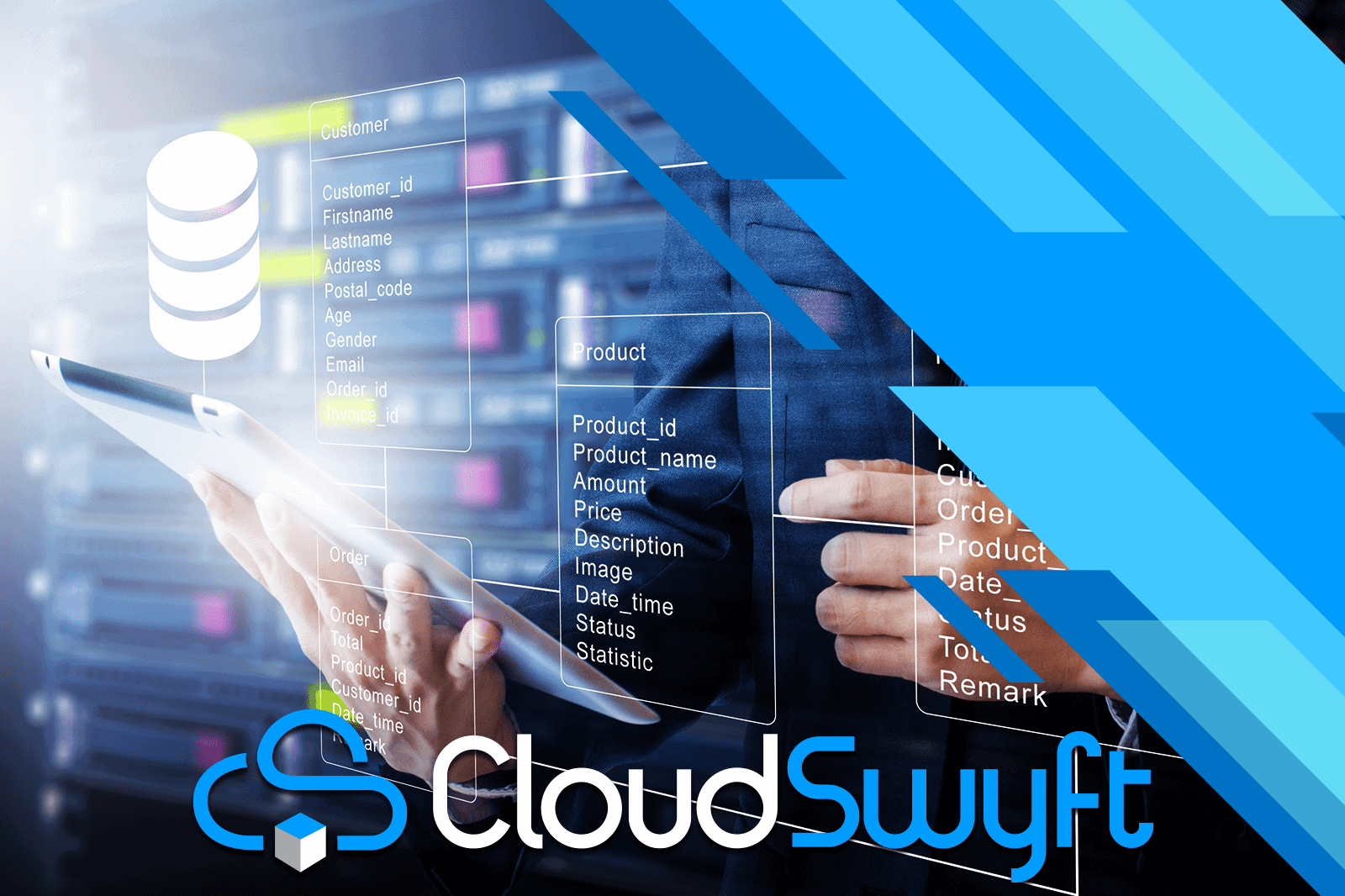Introduction to Python Programming
SISC

About this course
Python is a very powerful programming language used for many different applications. Over time, the huge community around this open source language has created quite a few tools to efficiently work with Python. In recent years, a number of tools have been built specifically for data science. As a result, analyzing data with Python has never been easier.
In this practical course, you will start from the very beginning, with basic arithmetic and variables, and learn how to handle data structures, such as Python lists, Numpy arrays, and Pandas DataFrames. Along the way, you’ll learn about Python functions and control flow. Plus, you’ll look at the world of data visualizations with Python and create your own stunning visualizations based on real data.
Please Note: Learners who successfully complete this course can earn a CloudSwyft digital certificate and skill badge - these are detailed, secure and blockchain authenticated credentials that profile the knowledge and skills you’ve acquired in this course.
What you'll learn
- Explore Python language fundamentals, including basic syntax, variables, and types
- Create and manipulate regular Python lists
- Use functions and import packages
- Build Numpy arrays, and perform interesting calculations
- Create and customize plots on real data
- Supercharge your scripts with control flow, and get to know the Pandas DataFrame
Prerequisites
Some experience in working with data from Excel, databases, or text files.
Hide Course Syllabus
Course Syllabus
Section 1: Python BasicsTake your first steps in the world of Python. Discover the different data types and create your first variable.
Section 2: Python Lists
Get the know the first way to store many different data points under a single name. Create, subset and manipulate Lists in all sorts of ways.
Section 3: Functions and Packages
Learn how to get the most out of other people's efforts by importing Python packages and calling functions.
Section 4: Numpy
Write superfast code with Numerical Python, a package to efficiently store and do calculations with huge amounts of data.
Section 5: Matplotlib
Create different types of visualizations depending on the message you want to convey. Learn how to build complex and customized plots based on real data.
Section 6: Control flow and Pandas
Write conditional constructs to tweak the execution of your scripts and get to know the Pandas DataFrame: the key data structure for Data Science in Python.
